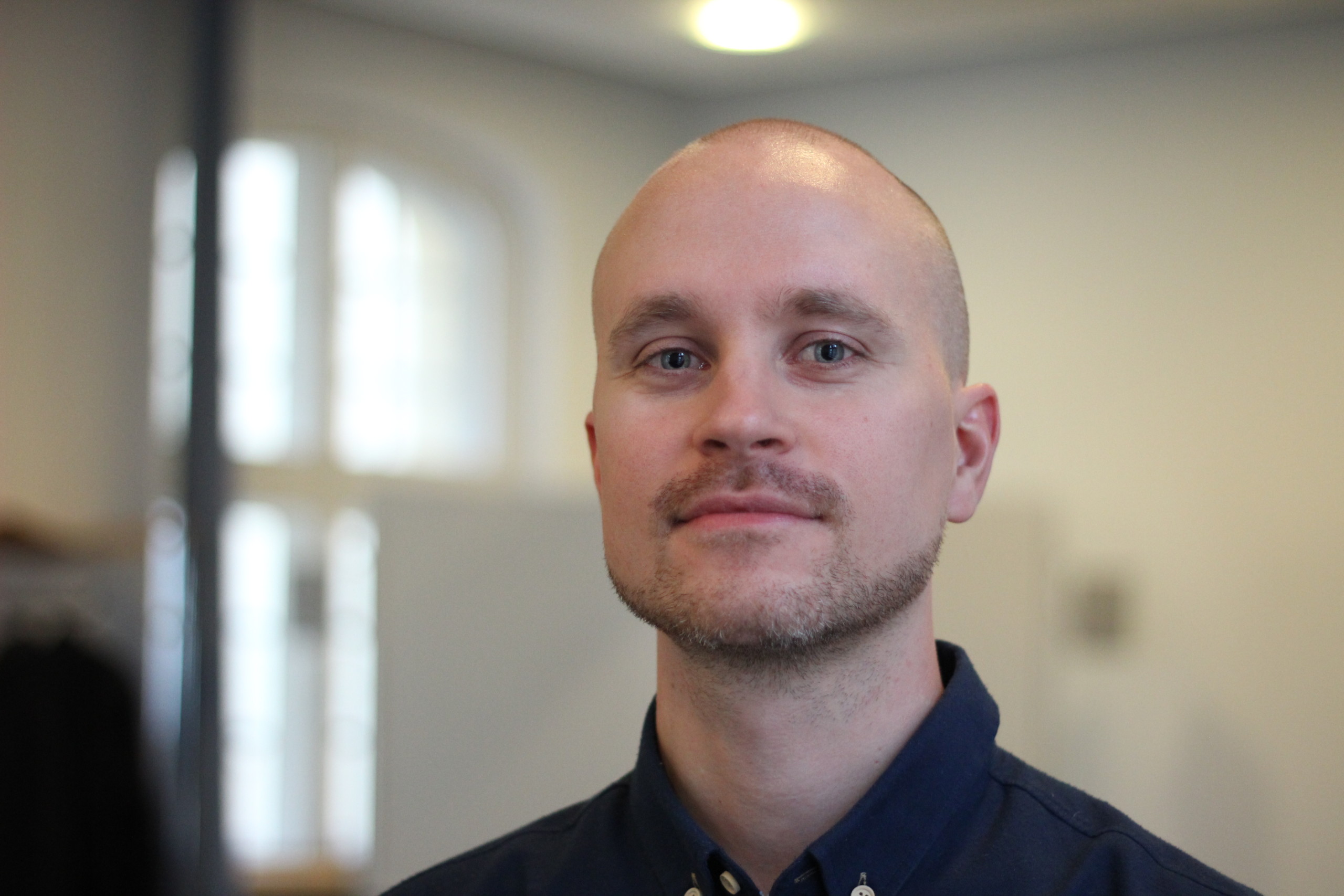Universitetsavisen
Nørregade 10
1165 København K
Tlf: 21 17 95 65 (man-fre kl. 9-15)
E-mail: uni-avis@adm.ku.dk
Ph.d.-forsvar
Ph.d.-forsvar — Jesper Fels Birkelund defends his ph.d.thesis: Lives on track: Family background, educational tracking, and inequality over the life cycle
Date & Time:
Place:
On-line via Zoom: https://ucph-ku.zoom.us/j/68988522665
Hosted by:
Department of Sociology
Cost:
Free
Lives on track: Family background, educational tracking, and inequality over the life cycle
An essential question for social scientists and policymakers alike is how the design of the education system influences the formation and reproduction of social inequalities. With a focus on the division of children into academic and vocational tracks in the Danish secondary school system, this dissertation examines consequences for intergenerational inequality brought about by unequal selection into tracks and unequal outcomes of track placement over the life cycle. The dissertation makes three contributions to the literature. First, it expands the scope of potential outcomes by analyzing the consequences for both personality trait formation and life cycle earnings. Second, it estimates effects using econometric techniques developed to mitigate selection bias. Third, it develops counterfactual approaches to gauge the consequences of tracking for not only the individual student but also for social groups as a whole. The empirical analyses show that family background strongly affects placement in academically selective tracks in Denmark, both in the ability-selective system in the 1960s and in the choice-based system in the 2010s. Still, the analyses also demonstrate that vocational education and training fosters conscientiousness and leads to earnings levels similar to those among academic degree holders. This finding suggests that academic and vocational tracks successfully cater students with different preferences and abilities, highlighting some potential benefits of a tracked rather than comprehensive upper secondary school system.
